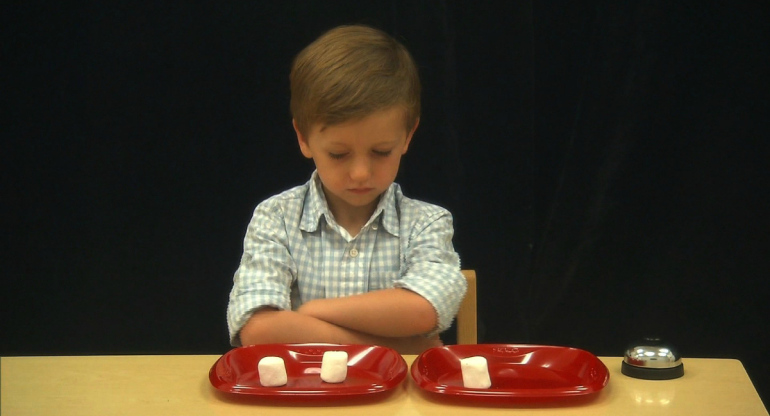“Don’t give up what you want the most for what you want right now.”
-attributed to Peter Rossomando, Head Football Coach at CCSU

Image from wtvr.com
A characteristic shared by many of the most successful people is their ability to delay gratification in order to achieve their most highly desired objectives.
In the late 60s/early 70s Stanford University psychologist Walter Mischel did a study in which children ages four to six were given the choice between one marshmallow provided immediately, or two marshmallows if they waited for 15 minutes. In follow-up studies, the researchers found that those who were able to wait longer for the preferred rewards tended to have better life outcomes.
EXERCISE:
What disciplined actions, behaviors, and habits must you develop in order to resist short-term wants so that you can realize your most cherished and valued priorities?









